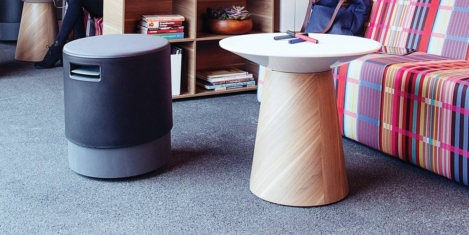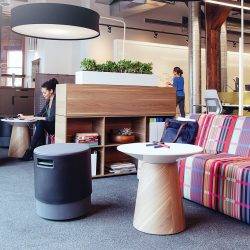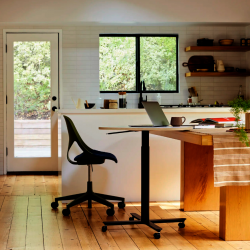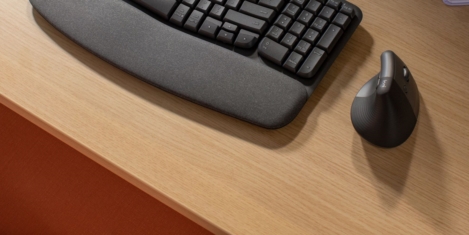To provide the best experiences, we use technologies like cookies to store and/or access device information. Consenting to these technologies will allow us to process data such as browsing behaviour or unique IDs on this site. Not consenting or withdrawing consent, may adversely affect certain features and functions.
The technical storage or access is strictly necessary for the legitimate purpose of enabling the use of a specific service explicitly requested by the subscriber or user, or for the sole purpose of carrying out the transmission of a communication over an electronic communications network.
The technical storage or access is necessary for the legitimate purpose of storing preferences that are not requested by the subscriber or user.
The technical storage or access that is used exclusively for statistical purposes.
The technical storage or access that is used exclusively for anonymous statistical purposes. Without a subpoena, voluntary compliance on the part of your Internet Service Provider, or additional records from a third party, information stored or retrieved for this purpose alone cannot usually be used to identify you.
The technical storage or access is required to create user profiles to send advertising, or to track the user on a website or across several websites for similar marketing purposes.
 According to a new market intelligence report, the worldwide flexible workspace market could exceed between 35 and 50 billion US dollars by 2030, reflecting the growing demand for flexible and agile work environments. The report claims that the escalating demand for flexible workspaces is on the rise, propelled by a heightened desire for convenience and comfort in prime locations such as offices and auditoriums. (more…)
According to a new market intelligence report, the worldwide flexible workspace market could exceed between 35 and 50 billion US dollars by 2030, reflecting the growing demand for flexible and agile work environments. The report claims that the escalating demand for flexible workspaces is on the rise, propelled by a heightened desire for convenience and comfort in prime locations such as offices and auditoriums. (more…)












 According to
According to 




 Nothing beats in-person meetings, but tech is vital for hybrid working trust and equality. That is the main conclusion of a new report from
Nothing beats in-person meetings, but tech is vital for hybrid working trust and equality. That is the main conclusion of a new report from 




 Logitech has unveiled
Logitech has unveiled 







November 12, 2023
Want people to spend more time in the office? Give them a little piece of home
by Yaron Rosenblum • Comment, Workplace design